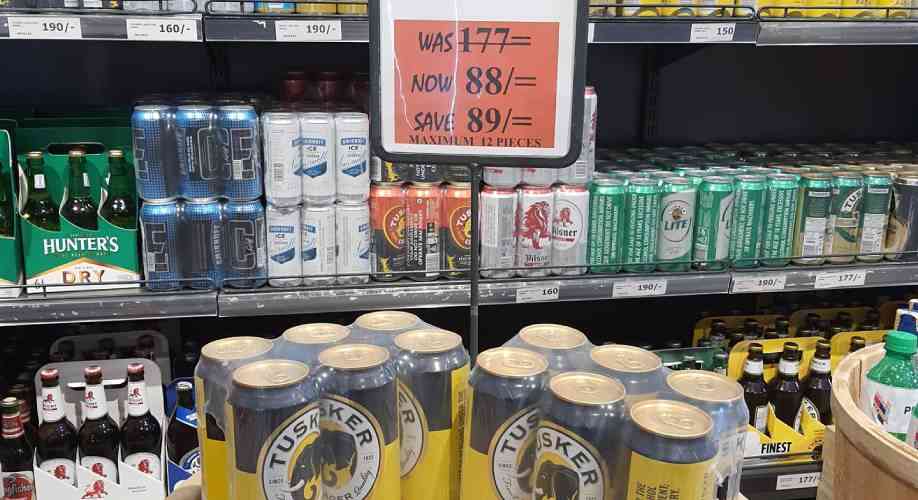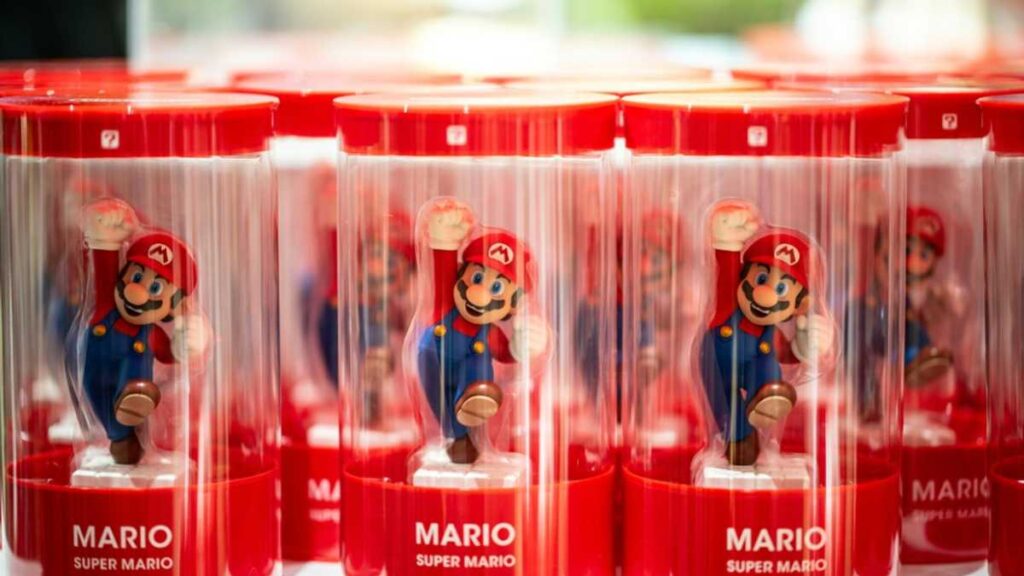A storm of criticism has erupted both online and offline following a new directive by the National Authority for the Campaign Against Alcohol and Drug Abuse (NACADA), which bans online advertising, promotion, and marketing of alcoholic beverages.
The directive, part of broader efforts to curb alcohol consumption and restrict access, has sparked intense debate among the Kenyan public.
The regulations also prohibit the sale of alcohol in various public spaces, including supermarkets, restaurants, petrol stations, beaches, parks, medical facilities, sports centres, bus stops, and even ferries.
Additionally, home deliveries, hawking, and sales via online platforms and vending machines have been outlawed.
Alcohol outlets located near schools, residential areas, and places associated with children’s products will also be affected.
On social media platform X, reactions were swift and impassioned. Sitati Wasilwa criticised the move as misguided and lacking in evidence-based rationale.
“This is lazy thinking. Alcohol consumption is driven more by psychological and behavioural factors than availability. This will only fuel illicit brewing and undesignated drinking dens,” he said.
Anthony Wanjau echoed similar sentiments, calling for policies anchored in scientific research rather than moral reasoning.
Others welcomed the move.
“Good job! It’s time to fight alcoholism,” said Dr. Francis.
A user by the handle Break The Known added, “Sometimes tough decisions are needed for the greater good.”
However, many questioned the practicality and enforcement of the directive.
“Don’t waste your time on proposals that can’t be implemented,” said Kiigen Koech.
King Lowell took issue with the supermarket restrictions, arguing they are safer and more regulated than many informal outlets.
Another user, lemanxq, expressed concern that the ban could fuel corruption.
Stay informed. Subscribe to our newsletter
“Making anything illegal in Kenya just opens a new avenue for police to collect bribes. Marijuana is illegal but more accessible than healthcare,” he said.
The Medium Liquor Traders Association (MELTA) has also taken issue with the directive, stating that it is deeply alarmed by what it termed as sweeping, punitive proposals in the document and the lack of meaningful engagement with key industry stakeholders.
“The policy, if passed in its current form, would severely hurt small businesses, disrupt legal and regulated trade, cause mass unemployment, and worsen the illicit alcohol crisis in the country,” the press statement signed by MELTA Chairperson Francis Mbogo read.
As public debate rages, NACADA maintains the restrictions are aimed at controlling the availability and supply of alcohol, especially to vulnerable populations.
However, critics warn that without proper stakeholder engagement and public education, the directive may backfire and worsen the problem it seeks to solve.

























